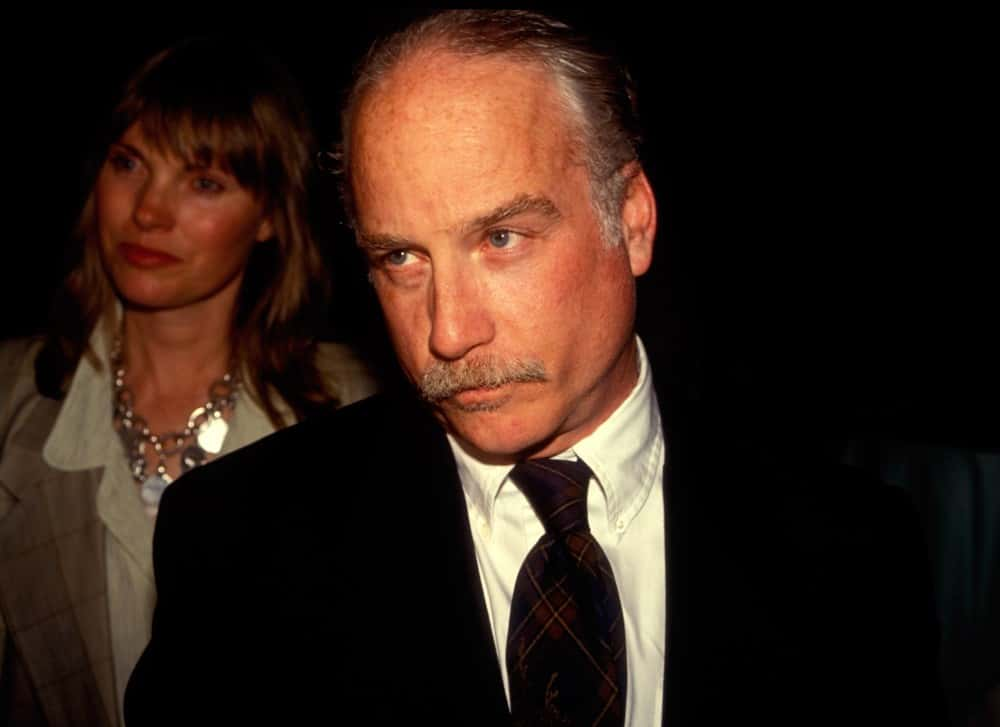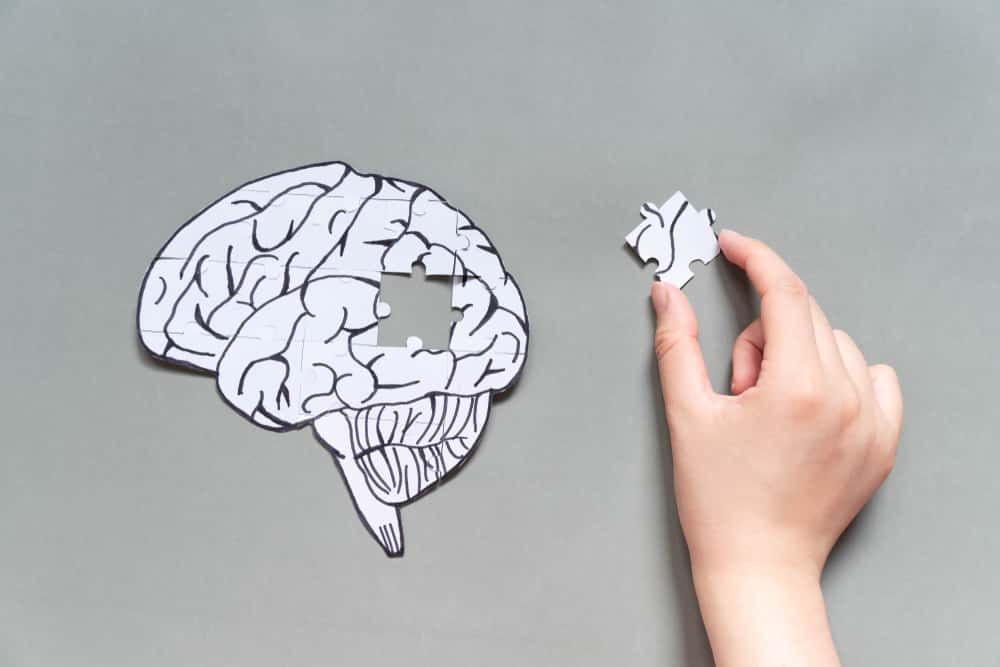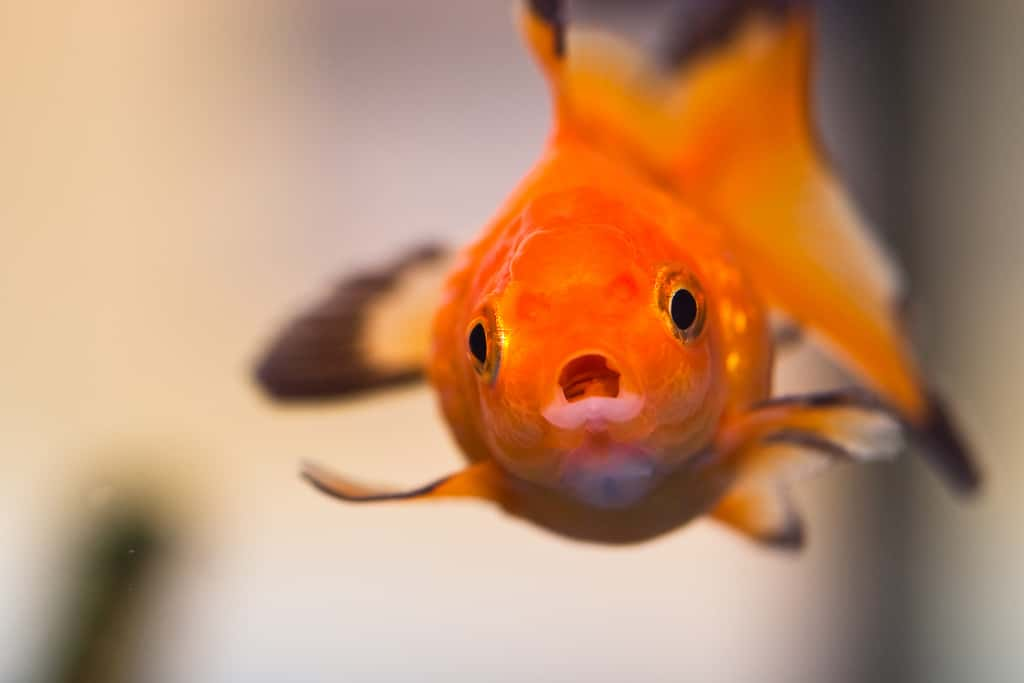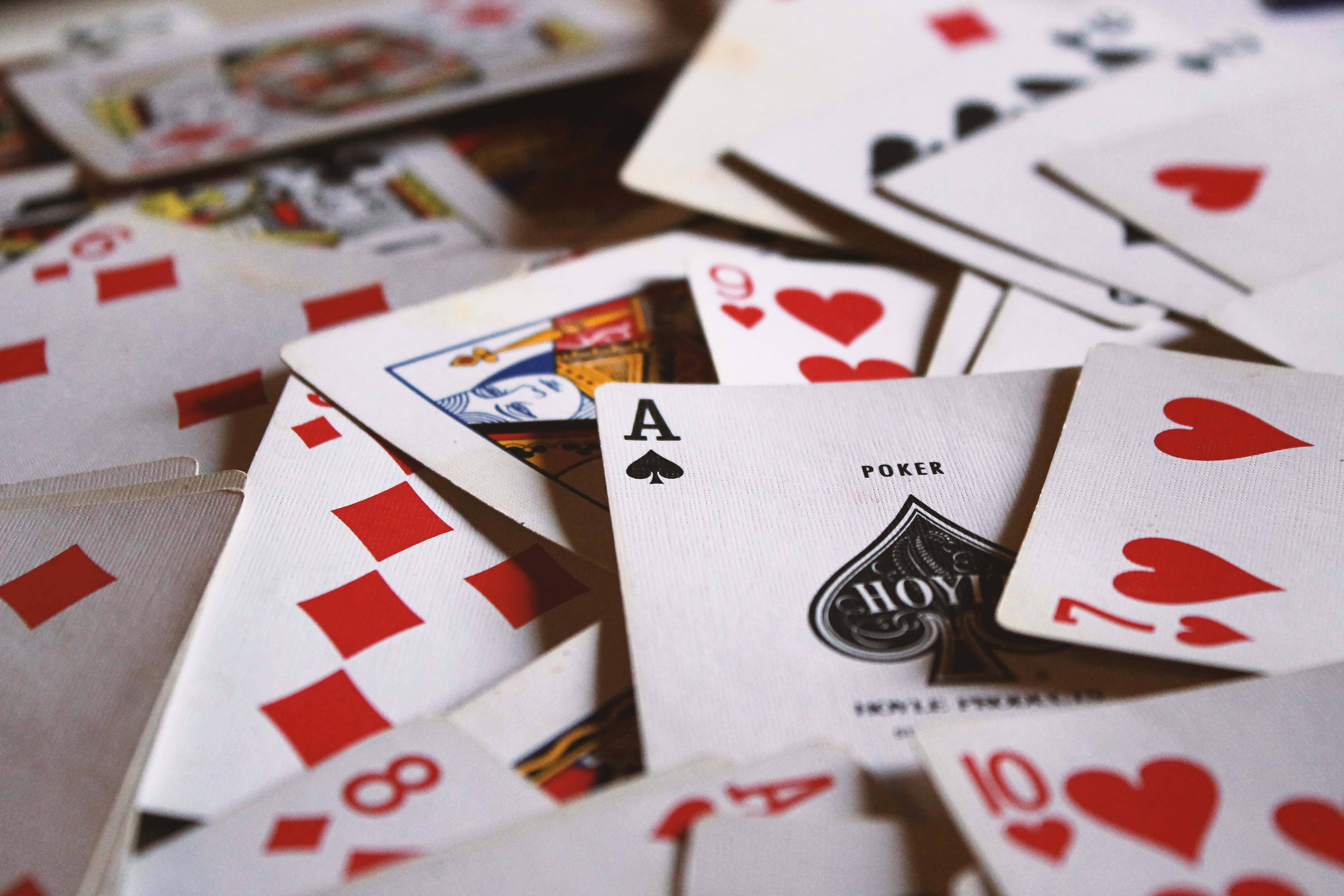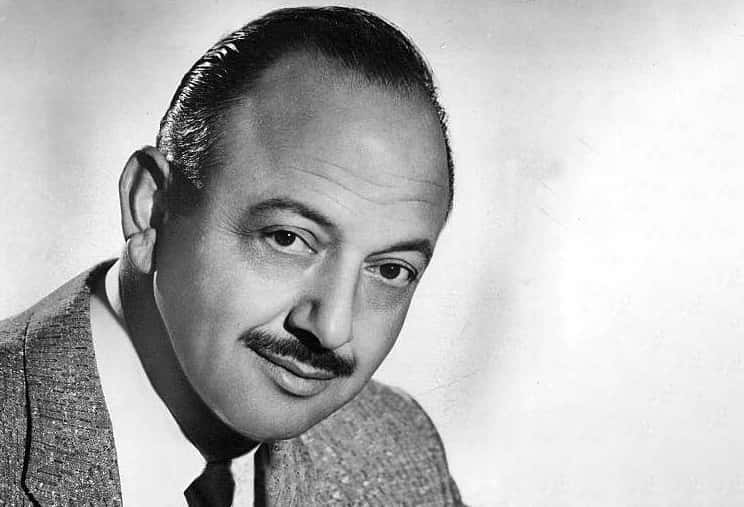“The human brain had a vast memory storage. It made us curious and very creative. Those were the characteristics that gave us an advantage—curiosity, creativity, and memory. And that brain did something very special. It invented an idea called 'the future.”—David Suzuki
Our brains are a funny thing. I constantly wonder why I can remember my best friend from fourth grade’s phone number and that embarrassing thing that happened in class when I was 21, but I can’t remember what I had for breakfast yesterday. It raises the question of why memory works that way—is it on purpose? Are our brains perfectly imperfect, and why does memory work the way that it does—in my case, like a scrambled external hard drive? Brains work so hard, processing and understanding the world around us, and it’s hard to figure out just what role memory plays, and how it does just what it does, but insights from science and examples from history can help us answer some of our questions about the puzzling process. Here are 42 mysterious facts about memory.
Memory facts
42. If You Believe It
Don’t think you have a good memory? That may be part of the problem. A study has shown that simply believing your memory is good will actually help you have good memory. Fake it ‘til you make it! Yet I just said “I have good memory” three times in a row and I still can’t remember what I have to do next Tuesday.
41. What Happens in Vegas
This is probably something that no one should do in the first place, but if you’ve ever been blackout drunk, you know that you may struggle to remember the things you did. Turns out it’s not that you’ve forgotten your wild night out, or blocked out bad memories, it’s just that your brain never even hit “record” in the first place. Alcohol can disrupt receptors in the hippocampus, which is responsible for forming memories.
40. Mr. Holland’s Opiates
Richard Dreyfuss had such a serious drug problem throughout the ‘70s and ‘80s that he doesn’t even remember shooting the film Whose Life Is It Anyway—which has a really appropriate title. Dreyfuss was a substance abuser. This is also a somewhat frequent phenomenon with musicians who experienced drug or alcohol problems, like David Bowie, who doesn’t remember recording the album Station to Station.
39. Learning Experience
It turns out that learning new things actually changes the physical structure of your brain. MRIs taken of people playing a new video game saw physical changes as the players played. Same thing with taxi drivers learning new routes. Not only does the brain shows an increase of blood flow to the area of the brain doing the work, but there are also permanent changes in grey matter and white matter.
38. 50 First Minutes
Clive Wearing, a British musician, suffers from amnesia so badly that he becomes conscious “for the first time” every 7 to 30 seconds. How does he remember to play his instrument?
37. Those Who Can Remember, Teach
Students who think they will have to teach the information they’ve just learned will perform much better and recall more information than those that simply thought they’d be tested on the material.
36. Memory of a Gold Fish
The idea that goldfish have a memory of a few seconds is simply not true. They can actually be trained to react to light signals and perform tricks. Elephants, on the other hand…
35. Smounds Like a Plan
There is a recently discovered perception called smound, in which scents and sounds converge in the brain. The study of this perception actually explains why popcorn smells better in a movie theatre. Does this also explain the appeal of that Tex-Mex classic, the sizzling fajita platter?
34. That’s a Lot
There is a condition called Hyperthymesia, which means that people remember every single detail of their lives. While it sounds helpful, never being able to forget an embarrassing moment or have the memories of a traumatic incident fade can actually be pretty rough on the people who suffer from it.

History's most fascinating stories and darkest secrets, delivered to your inbox daily.
33. That’s a Club I Want No Part Of
Around 33 people in total have been recorded as having a “super memory,” or highly superior autobiographical memory. This means that they can recall almost every personal event in their life, including exact dates.
32. But What Are Memories?
Memories begin as perception and experiences. They are then encoded onto the brain in the neurons. No one neuron is in charge of one particular memory—instead, they combine so that each one helps with many memories at a time.
31. Longer Than The Simpsons
This essentially means that you will never run out of brain space—the way the neurons operate increases the brain’s memory exponentially, to around 2.5 petabytes. Or to put it another way, you would have to leave the TV running continuously for more than 300 years to fill up that amount of storage.
30. Draw While You Work
If you are bored at an important meeting, feel free to doodle away. While it seems like doodling means one couldn’t care less, it actually works to keep the brain active. Just try and make sure it’s SFW!
29. The Sanctity of Memory
One of the most pernicious forms of mental or emotional abuse that has come to light in recent years goes by the name of gaslighting. Based off of a film by the name Gaslight, where a husband changes the level of the gas lights, among other things, while denying that they had changed at all. Gaslighting is a when one person lies, presents false information, or denies the truth with the intent of making a victim doubt his or her own memory and perception, and thus, their sanity.
28. Penmanship Isn't Dead
If you want to remember something, write it out on paper, like they used to do in the old days. It turns out that the act of writing things out allows greater memory retention in a way that touching a keyboard does not.
27. Or Maybe a Productive One
There is a drug that is exactly the opposite of tetrahydrocannabinol, or THC, the active mind-altering agent in marijuana. CBD suppresses appetite and improves short-term memory, among other effects.
26. Runner’s High
Diane Van Deren is one of the planet’s top "ultra-runners"—a type of extreme running where some marathons are even run end-to-end over several days. She didn’t begin this extreme sport until a seizure crippled her ability to form new memories. She is able to run so far because psychologically, she never knows how far she has left to run. How long until Nike bottles and sells this?
25. Had to What Now?
The brain has to intake everything we see, experience, feel, learn—I mean, pretty much everything that happens to us on a daily basis. That’s a huge amount of information. That means the brain needs a system so that it can categorize things, so it knows what needs to be remembered and what can be relegated to the dustbins of our minds. The brain does this prioritizing through emotional intensity—things we have strong emotional reactions to are likely to be the most important, so the brain remembers those the best.
24. Not So Uncommon
It turns out that implanting or creating false memories is easier than you would think. At one point a psychology study gave participants a list of words related to sleep—bed, rest, awake etc.—but didn’t actually include the word sleep. Later, participants remembered the word sleep as often as the ones actually on the list.
23. This One Time, At Disneyland
Another study found that a sizable group of people could be goaded into believing that they’d had a bad experience with the Disney character Pluto as a child, after being shown material that suggested it could have happened.
22. Eye-Witness Fake News
These false memories are why witnesses to crimes may remember things that didn’t necessarily happen. All it takes is an errant suggestion at the time, or even later, to plant the seed of false memory and be stored as a real one.
21. It Was Me, I Confess!
Or was it? False memories can make you think that you are guilty of a crime you didn’t commit. A paper published in Psychological Science found that an 70% of participants could be convinced that they'd committed a crime in their teenage years. In fact, they were able to recall at least 10 details of the supposed crime.
20. You’re Not Getting Out of Here…
You know the cliché of cops interrogating a suspect for hours? Well, they may wear down the guilty, but they may also end up getting false confessions from the innocent. Being sleep-deprived makes one more susceptible to forming false memories.
Science is just beginning to understand the importance of sleeping (and dreaming) to memory formation.
19. You Have Much to Remember, Grand Master
The ‘Grand Master of Memory’ is no easy-peasy memory quiz. It’s only awarded to people who can do the following three tasks: Memorize 1,000 random digits in an hour, the order of 10 shuffled decks of cards in an hour, and the order of one shuffled deck of cards in under two minutes.
18. The North Remembers, And So Do These Rats
A neurologist by the name of Karl Lashley found that no matter what section of a rat’s brain he removed, it was still able to perform complex tasks it had learned before it’s surgery—here’s hoping he low-key lived in fear of their revenge afterward.
17. Now, Why Am I Here?
You know when you walk into a room and have no idea why you walked in? Well, this is a well-studied phenomenon called ‘event boundary.’ Just walking through a door can make people forget what object they had just been carrying.
16. Event Horizon
Apparently, what it means is that our brains compartmentalize events and tie them to environments. So when we move from one room to another, passing through a doorway, the brain creates a boundary around everything that took place in the first room and makes it difficult to access those memories when you cross a threshold and enter a new environment.
15. The Doors of Perception
Apparently, this phenomenon is so hard-wired into our brains that just imagining walking through a door can be enough to make someone forget. This is because our brain organizes thoughts into chapters, so crossing a boundary—or imaging one—creates a new chapter.
14. Repeat, Repeat?
If you want to remember something, repeat it, right? Well, actually, the UCLA research team of Robert and Elizabeth Bjork—definite relation, they’re married—think it’s the other way around. The more you let a memory fade before reaching for it, the stronger it’s subsequent retrieval strength is. Like how you may know exactly where the Christmas decorations are 11 months after you put them away, but you’re not sure about where your keys are shortly after you put them down.
13. Just Close Your Eyes…
You know when people try to remember something and they close their eyes? It turns out that works. A study of 178 people found that those who closed their eyes were able to remember the details of a film they watched with 23% more accuracy. But how does it work? By closing your eyes, you remove visual distractions, so your brain can spend it’s energy remembering.
12. … And Count to Eight
When you really need to remember something, concentrate for a minimum of eight full seconds. It may seem like a long time—try it, eight seconds can be long—but studies show it’s the smallest amount of time for information to travel from long-term memory to short-term memory.
11. A Fighting Stance
The act of clenching your fist can actually significantly improve your memory, but it’s not at easy as just stressing out. If you are right-handed, you are supposed to make a fist with your right hand while you memorize. When you need to remember it, clench your left hand. And if you’re left-handed, reverse the process—left to memorize, right to recall.
10. That’s A Spicy Memory Trick
Science shows that spicy foods can work in memory production, by acting as a stimulus for the brain to recall the moment. It’s so effective that it may be useful in treating Alzheimer’s.
9. Bubblegum
Only need to remember something for a short little bit? Well then try chewing some gum. Studies have found that people do better on visual or auditory memory tests if they chew gum while they do them. The act of chewing seems to make people better at concentrating. Weird!
8. For a Good Time, Don’t Recall
Temporary memory loss or brain fog isn’t common, but common activities can cause it. Called transient global amnesia, it means that patients can forget the past day or so. One of the common causes? Sex.
7. Gone Baby Gone
Almost all people can’t remember their early childhood, between birth and being about four years old, and this is referred to as infantile amnesia. It used to be thought that this was because babies simply didn’t have the words to explain their new memories. It turns out that children can make memories in those early years, but they then forget them through deliberate mechanisms. We don’t know why yet, but one theory is that the rapidly growing brain wipes out memories through the regeneration of cells.
6. Earworms
It turns out that memories can live in our brains independently of us remembering them. In 2013, a woman complained of musical hallucinations of song that she didn't recognize. Other people did, however. It seems that she had heard the song, and simply forgotten it.
5. Sounds Like a Bad Trip
A CIA funded psychiatrist completed wiped away a woman’s memory in 1963, by using electroshock and hallucinogens on her over an 86 day period. In other instances in the same study, patients were reduced to child-like states. It was only recently that some victims have been compensated for the harmful treatment.
4. Life Is a Highway
There’s a mental state that occurs when a person drives a car or truck long distances on the highway called “Highway hypnosis.” The driver can respond to external events in the expected manner, but will have no recollection of having consciously made the actions. I personally experience this in libraries and bookstores.
3. Show Off
In the 17th century, the Vatican commissioned a song that was meant to be performed solely in the Sistine Chapel. The composition was a secret for 150 years. That was until a precocious Mozart, 14 years old at the time, listened to the piece twice. He then transcribed it from memory, and produced the first unauthorized copy of the song.
2. That's Not All Folks
When voice actor and comedian Mel Blanc fell into a coma in 1961, his doctors could do nothing to make him communicate—that is, until they addressed him as Bugs Bunny, his iconic Looney Tunes character. Blanc responded in character but did not remember having the conversations.
1. Had to What Now?
In large part, the "Satanic Panic" phenomenon of the ‘80s was due to false memories created during a series of therapy sessions. In 1986, a woman went to her therapist and discovered memories of things too terrible to possibly imagine—except imagine them she did. The blame eventually fell to the therapist, who was sued for helping her patient create false memories. The memories involved the patient thinking that she had been a member of a satanic cult where she had been raped and ritually abused along with a number of other children. Because of the therapist, she believed that she had been forced to eat babies, and had created 120 personalities to survive the traumatic "memories."




